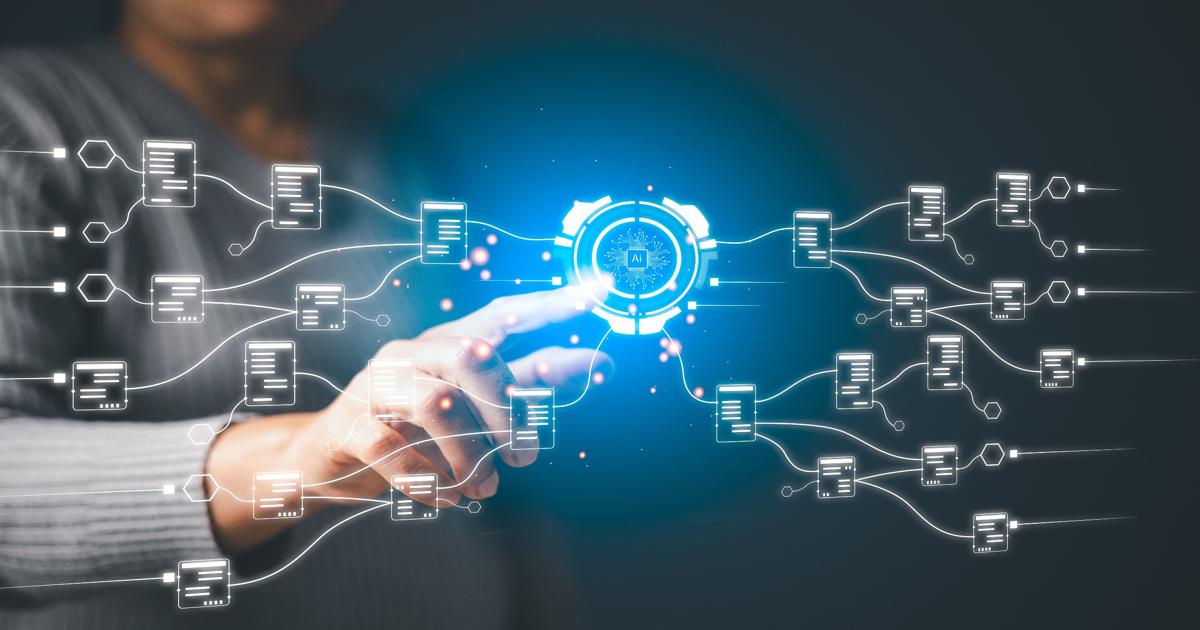The Evolution of Web3 and the Need for Automation
Web3 signifies a transformative phase of the internet, driven by decentralization, increased transparency, and greater user autonomy. While this transition provides notable benefits, the complexity and operational demands of decentralized platforms are considerable. Manual management of these expanding platforms is becoming increasingly impractical, necessitating automated solutions. This is precisely where AI agents become indispensable, enabling sophisticated automation to manage extensive workloads, streamline operations, and enhance platform scalability.
Understanding AI Agents: What They Are and How They Work
AI agents are sophisticated software entities designed to operate independently, using artificial intelligence, machine learning, and advanced data processing. They perform tasks traditionally requiring human intervention, such as decision-making, predictive analysis, and operational management. Within Web3, AI agents directly interface with blockchain networks and decentralized applications (dApps), effectively automating complex processes like smart contract execution, asset management, and real-time analytics.
AI agents can continuously learn from interactions and data, progressively improving their decision-making accuracy and operational effectiveness, which significantly reduces the likelihood of human error.
Benefits of AI Agents for Decentralized Platforms
Integrating AI agents into Web3 platforms provides extensive advantages, fundamentally improving operational efficiency and platform performance:
Enhanced Efficiency
AI agents automate routine tasks, eliminating manual repetition, significantly reducing errors, and dramatically accelerating processes. This allows human resources to focus on strategic and creative tasks rather than mundane operational duties.
Scalability and Flexibility
AI agents effortlessly handle increased transaction volumes, enabling decentralized platforms to scale seamlessly without compromising performance. This flexibility ensures that platforms remain responsive even as their user bases grow rapidly.
Reduced Operational Costs
AI-driven automation minimizes the expenses typically associated with manual task management, oversight, and human intervention, thereby substantially reducing operational costs. This cost-efficiency allows platforms to allocate resources more strategically to core areas like innovation and growth.
Improved User Experience
Through detailed and intelligent analysis of user behavior patterns, AI agents provide personalized recommendations, services, and interfaces tailored to individual preferences. Such targeted personalization significantly enhances user satisfaction, engagement, and retention.
Dynamic Governance
AI agents facilitate transparent, fair, and efficient governance by automating the collection and analysis of community feedback, streamlining voting processes, and ensuring unbiased decision-making. This leads to quicker consensus building and more responsive governance in decentralized ecosystems.
MWX: A Case Study in AI and Web3 Integration
MWX exemplifies how AI agents can effectively be integrated into a Web3 ecosystem. At the core of MWX’s decentralized AI marketplace, AI agents autonomously match small and medium-sized enterprises (SMEs) with precise AI solutions tailored to their specific needs. MWX further utilizes AI agents to manage transactions using MWXT tokens, ensuring compliance with international regulatory standards through continuous monitoring.
By automating these crucial operations, MWX illustrates how decentralized platforms can enhance efficiency, transparency, and trust through AI-powered processes, positioning itself as a pioneer in the practical implementation of Web3 automation.
AI-Powered Automation for Improved Security
Security challenges in decentralized environments are significant due to the inherent complexity and openness of blockchain technology. AI agents play a vital role in addressing these challenges by delivering continuous, proactive security measures. They monitor network transactions in real-time, swiftly identifying anomalies and potential security breaches.
Upon detecting unusual patterns or suspected fraudulent activity, AI agents can autonomously implement protective measures, such as halting transactions, alerting administrators, or isolating threats, thereby safeguarding platform integrity and user assets more efficiently than human oversight alone.
Future Developments: The Role of AI in the Evolution of Web3
Looking ahead, the evolution of Web3 platforms will increasingly depend on advanced AI agent capabilities. Future developments will see AI agents handling even more sophisticated and nuanced responsibilities, including:
Autonomous Governance: AI agents will facilitate decentralized governance decisions, analyzing community feedback and autonomously executing proposals.
Predictive Analytics: Leveraging extensive datasets, AI agents will predict market trends, user behavior, and platform needs, enhancing strategic planning and resource allocation.
Comprehensive Compliance Management: Automated compliance solutions managed by AI agents will ensure platforms consistently meet global regulatory requirements.
These developments will drive Web3 platforms towards greater resilience, adaptability, and efficiency.
Preparing for a Smarter, More Efficient Web3 Future
AI agents embody the next frontier for Web3, significantly enhancing platform operations, scalability, and security. Early adoption of AI-powered solutions positions businesses strategically, enabling them to proactively respond to emerging challenges and opportunities. The future of Web3 will undoubtedly be AI-centric, demanding preparation today for sustainable success tomorrow.




